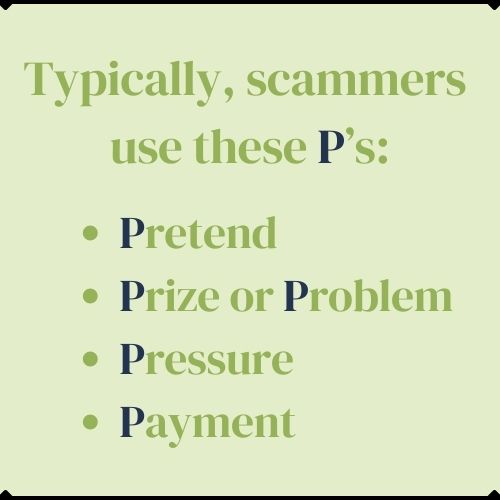Social Security Administration Needs Your Help Stopping Scammers
Tracie Eubank
on
June 9, 2023
June 9, 2023
The Social Security Administration and its Office of the Inspector General (OIG) continued to raise public awareness about Social Security imposter scams during the fourth annual “Slam the Scam” Day on March 9. Social Security scams — where fraudsters pressure victims into making cash or gift card payments to fix alleged Social Security number problems or to avoid arrest— are an ongoing government imposter fraud scheme.
For several years, Social Security impersonation scams have been one of the most common government imposter scams reported to the Federal Trade Commission. Social Security has made concerted efforts to address this issue, through extensive outreach and investigative initiatives. These efforts have made a significant impact, reducing money reported lost to Social Security scams by 30 percent from 2021 to 2022.
“I am proud of the work we have done to combat Social Security imposter scams and raise public awareness,” said Kilolo Kijakazi, Acting Commissioner of Social Security. “We will continue to use every tool at our disposal to protect the public and their critical benefits. We urge Americans to remain vigilant, do not give out personal information or money, and report any scam attempts.”
For example, scammers pretend they are from Social Security in phone calls or emails and claim there is a problem with the person’s Social Security number. The scammer’s caller ID may be spoofed to look like a legitimate government number. Scammers may also send fake documents to pressure people into complying with demands for information or money. Other common tactics include citing “badge numbers” and using fraudulent Social Security letterhead to target individuals for payment or personal information.
Social Security will never tell you that your Social Security number is suspended; contact you to demand an immediate payment; threaten you with arrest; ask for your credit or debit card numbers over the phone; request gift cards or cash; or promise a Social Security benefit approval or increase in exchange for information or money.
Social Security employees do contact the public by telephone for business purposes. Ordinarily, the agency calls people who have recently applied for a Social Security benefit, are already receiving payments and require an update to their record, or have requested a phone call from the agency. If there is a problem with a person’s Social Security number or record, Social Security will typically mail a letter.
“Working with our law enforcement and private sector partners to inform consumers about scammers and their deceptive practices remains a priority for my office. Slamming the scam begins with consumers quickly taking a step to hang up the phone, or delete suspicious texts and emails, without responding to the scammers,” said Gail S. Ennis, Inspector General for the Social Security Administration. “That remains the easiest and most effective method to avoid falling prey to these vicious scams.”
To report a scam attempt, go to oig.ssa.gov.







